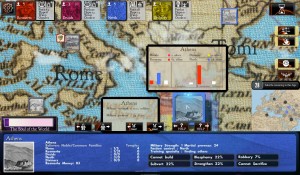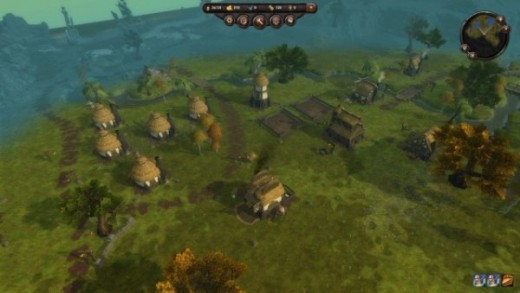If you follow me or Rob Zacny or the podcast on Twitter than you’ve probably already seen that we have a Patreon. You can follow the link here for more information, and I’ve embedded the video we’ve done.
So why Patreon?
First, it’s important to keep in mind that 3MA makes no money and was never really designed to. Sure, we did a couple of donation drives over the last six years, but we’re not big enough to attract advertisers and it was, at its birth, more a companion to flourishing writing careers. It was a way to leverage and popularize our reviews and criticism, and expand on things we’d written elsewhere.
Also, for years now, many listeners have asked how they can support us. We have no subscription program, no merchandise, Idle Thumbs helps with mundane costs like hosting. Spreading the word and sending suggestions have really been all we’ve asked or expected. Patreon gives listeners a way to pay for content that they appreciate or value. It is, I think, a Good Thing.
3MA is getting big. Not Serial big, but tens of thousands of downloads every week, steady growth in listeners. It’s bigger than I ever anticipated. And it has to be done well or we risk losing the respect of our audience. But the show takes time – a lot more time than people realize. Many strategy games take forever to play and it’s not like 2009 when there were maybe eight or nine interesting strategy games a year. We can get six games worth playing in a month now.
Rob is a fulltime freelancer, with all the freedom and financial horrors that that job represents. He has never let the podcast drop from the top of his priorities, but paying work is paying work. Patreon funds will allow him to not worry that an extra hour or two fitting a full panel onto a schedule is costing him time better spent pitching another article for food or watching more Hearthstone matches for research.
Michael Hermes, our sound engineer, has gotten very little from us in the years he has done this, even though he makes the podcast a joy to listen to. He’s intimately involved in scheduling, and his technical skills mean that the rest of us can mostly relax on that front. But he is a professional and should be compensated for using his skills. [Read more →]



